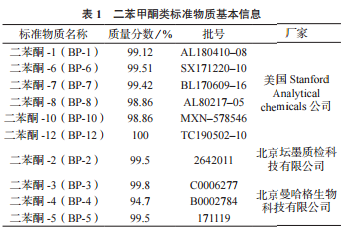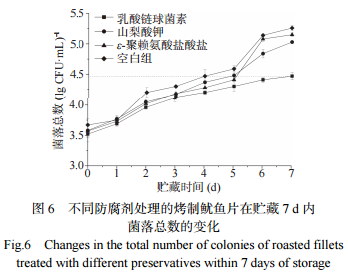
浙江省温岭市市场监管局立足当地资源优势,通过引导鱼鲞食品作坊标准化建设、小作品牌化运营、坊改费文旅化融合,造升造消推动鱼鲞产业从“加工价值”向“品牌价值”“文化价值”转变,金名片着力提升产品品牌溢价,小作打造特色消费品“金名片”。坊改费图为温岭市市场监管局工作人员指导小作坊按照“5S”现场管理指南进行建设。造升造消
陈梦洁 中国消费者报记者郑铁峰摄影报道
金名片金名片责任编辑:王峰
戈壁之天刮起"荷兰旋风" DJ 兼建制人 Martin Garrix 助力 F1 Heineken Silver 推斯维减斯大年夜奖赛好谦闭幕

广西桂林:以学校为重点打好集中用餐单位专项治理组合拳

高效液相色谱法同时测定化妆品中9种二苯甲酮类紫外吸收剂(一)

北京男性备孕治疗医院

重庆巫山有甚么好玩的景面

不同防腐剂对烤制鱿鱼片贮藏品质的影响(三)